
5 Essential Tips for Seizing the Fall Real Estate Market: Your Guide to Buying a Home This Season
Surprisingly, fall is a great time to buy a home. As the leaves change and the air becomes crisp, the real estate market often experiences a shift, creating an opportune moment for prospective buyers to make a move. Whether you're a first-time buyer or a seasoned homebuyer, these straightforward tips will help you navigate the fall market with confidence: 1. Utilize Reduced Competition to Your Advantage: The fall season typically experiences a dip in real estate activity, leading to reduced competition among buyers. This can work in your favor. According to a report by the National Association of Realtors (NAR), the fall season typically sees a decline in housing market activity, with many buyers opting to wait until spring. This decrease in competition can work in your favor, providing an opportunity to negotiate better deals. 2. Keep an Eye on Seasonal Price Adjustments: Realtor.com suggests keeping a close watch on price reductions during the fall. They note, "Sellers may be more motivated to close deals before the end of the year, leading to potential price drops." 3. Take Advantage of Open House Events: Many real estate agents and sellers host open house events during the fall. The American Homeowners Association (AHA) encourages attending these events as they can provide valuable insights into the local market and available properties. "Visiting open houses is a great way to get a feel for the neighborhood and available homes," they advise. 4. Stay Informed About Market Trends: The National Association of Home Builders (NAHB) suggests staying up-to-date with market trends during the fall season. "Understanding the current market trends will help you make informed decisions about when and where to buy," they suggest. 5. Secure Financing Early: The Consumer Financial Protection Bureau (CFPB) recommends getting pre-approved for a mortgage before starting your home search. "Having pre-approval can make your offer more attractive to sellers," CFPB highlights. Bottom Line: As you begin your house-hunting journey this fall, remember that staying informed and proactive is key. Our experienced team is dedicated to helping you find your dream home this fall. Don't miss the chance to make this season the start of your new homeownership journey. Schedule your session today and let us guide you towards your perfect home!

Finding Balance: Your Pumpkin Spiced Latte vs. Your Dream Home
The Pumpkin Spiced Latte – it's not just a drink; it's a seasonal ritual. But let's face it, those daily trips to the coffee shop can add up. Meanwhile, there's the dream of owning your own home, a tangible investment in your future, which requires saving for a downpayment. A downpyament ranges anywhere from 3.5% to 20% of the purchase price of the home’s sale amount. Many first time home buyers, select the lowest amount (3.5%) for a down payment as their funds are limited. Let's compare costs of a daily latte and how the money accumulates over 5 years. So, how do you strike a balance between daily comfort and long-term security? The Temptation: Picture this: the aroma of cinnamon and nutmeg wafting from your cup, the warmth of the mug in your hands. That daily dose of happiness can feel like a small reward, a little indulgence that brightens your day. The Reality Check: However, that daily habit might not be as innocent as it seems. The money spent on those lattes, however small it seems each day, can grow into a significant sum over time. This could slow down your plans for saving up for that new home you've been dreaming of. Finding the Middle Ground: Saving is not about depriving yourself. It's about prioritizing what's truly important for your future. Budget Smartly: Set aside a specific amount for treats like your favorite latte, but make sure the bulk of your income is dedicated to your savings goal. Prioritize: Understand that your dream home is the ultimate goal. According to the National Association of Realtors, the median existing-home price for all housing types in August 2023 was $407,100, emphasizing the importance of diligent saving. Alternatives: Consider making your pumpkin spiced latte at home or opt for more affordable coffee options without compromising on taste. Bottom Line: In the end, it's about making conscious choices. A pumpkin spiced latte is a treat, not a daily necessity. By being mindful of your spending, you can still enjoy the little things while working steadily toward your larger goals. So, this fall, enjoy your latte, but keep your eyes on the prize. You'll thank yourself when you're unlocking the door to your very own home sweet home. For more money savings tips, credit issues, or to discuss the home buying process; contact The Vince Caropreso Team today!

The Wealth Gap: A 40-Fold Difference
When it comes to deciding between owning a home or renting one, finances are at the forefront of the debate. Every three years, the Federal Reserve conducts their Survey of Consumer Finances in which they collect data across all economic and social groups. The research reveals a substantial financial gap between homeowners and renters. According to a report from the Federal Reserve Economic Data, "The wealth gap between homeowners and renters in America has been steadily growing. It reflects the profound financial advantage of owning real estate." Remarkably, the median net worth of homeowners in the United States was approximately 40 times greater than that of renters. Factors Contributing to the Disparity Several key factors contribute to this stark wealth divide between homeowners and renters: 1. Equity Building: Homeowners build equity in their homes as they make mortgage payments. This equity constitutes a significant portion of their net worth. In contrast, renters do not accumulate equity in the properties they inhabit. 2. Property Appreciation: Real estate properties often appreciate in value over time. The National Association of Realtors (NAR) states that, "Property appreciation has surged along with home prices in the last decade, giving most homeowners more than $100,000 in equity over that time period and lending further evidence that homeownership is an important avenue to build household wealth." 3. Tax Benefits: Homeowners enjoy various tax advantages, such as mortgage interest deductions and property tax deductions, which can further enhance their financial position. Renters typically do not have access to these tax benefits. Bottom Line: The wealth divide between homeowners and renters is substantial, with homeowners typically boasting a net worth approximately 40 times greater than that of renters. The ability to build equity, benefit from property appreciation, and leverage tax advantages sets homeowners on a path to greater financial security and wealth accumulation. Now is the time to take advantage of the benefits of home ownership. Connect with our real estate team today and start your home buying journey!
Categories
Recent Posts


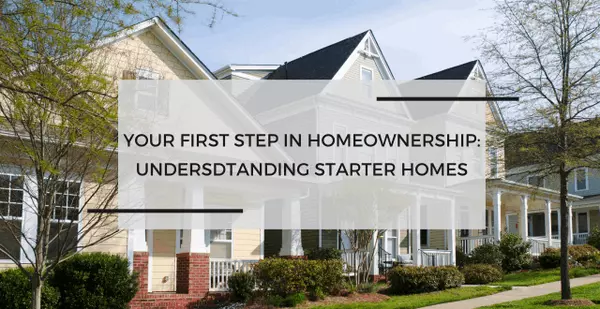
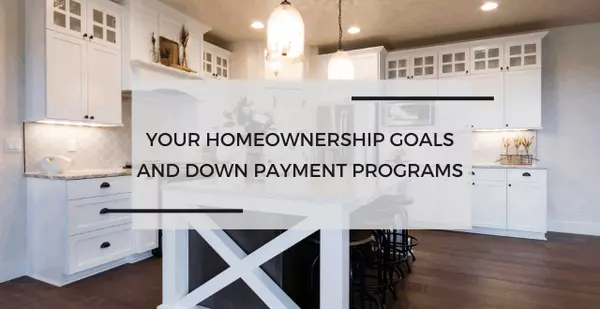
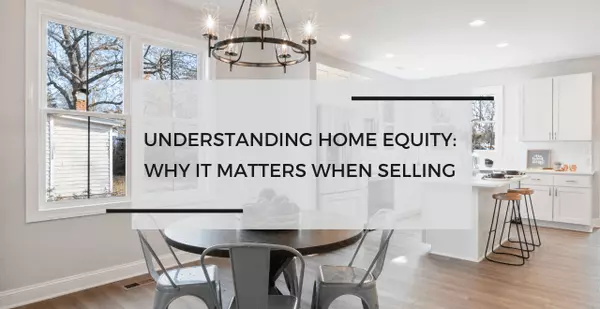
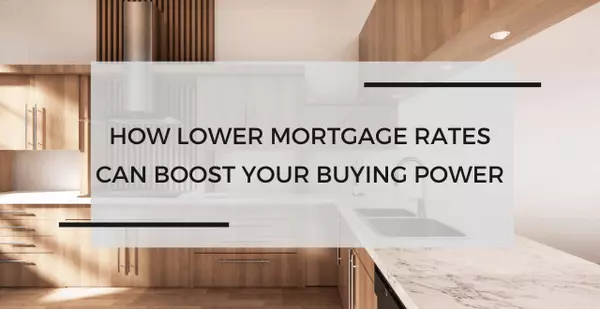
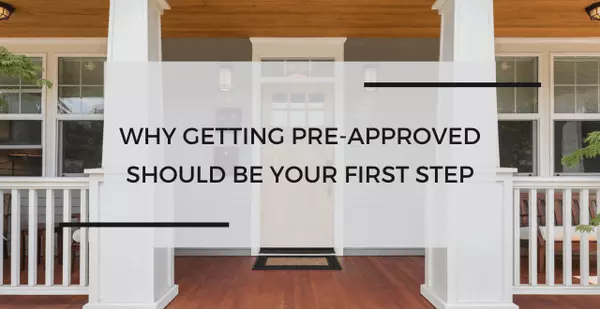
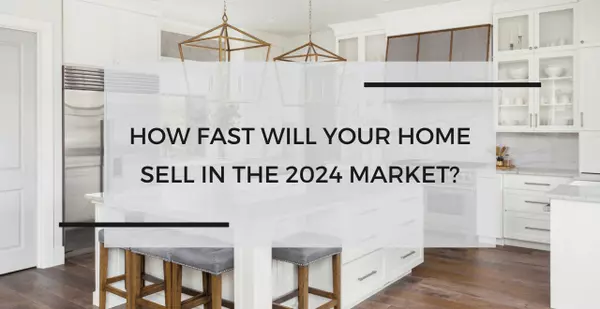


Prompt and professional service is our guarantee.
Our goal is to be informative and helpful. Through our service we hope to earn your business with our exemplary level of service and extensive local knowledge of the Central Maryland area.

